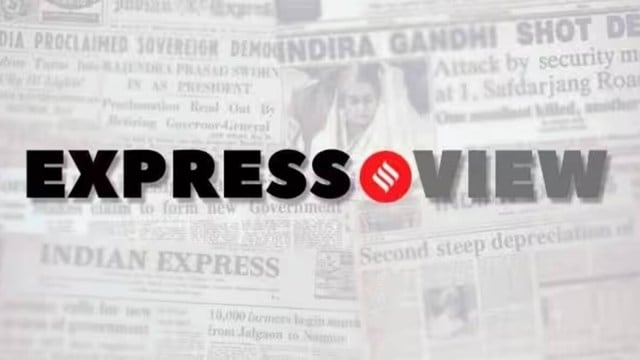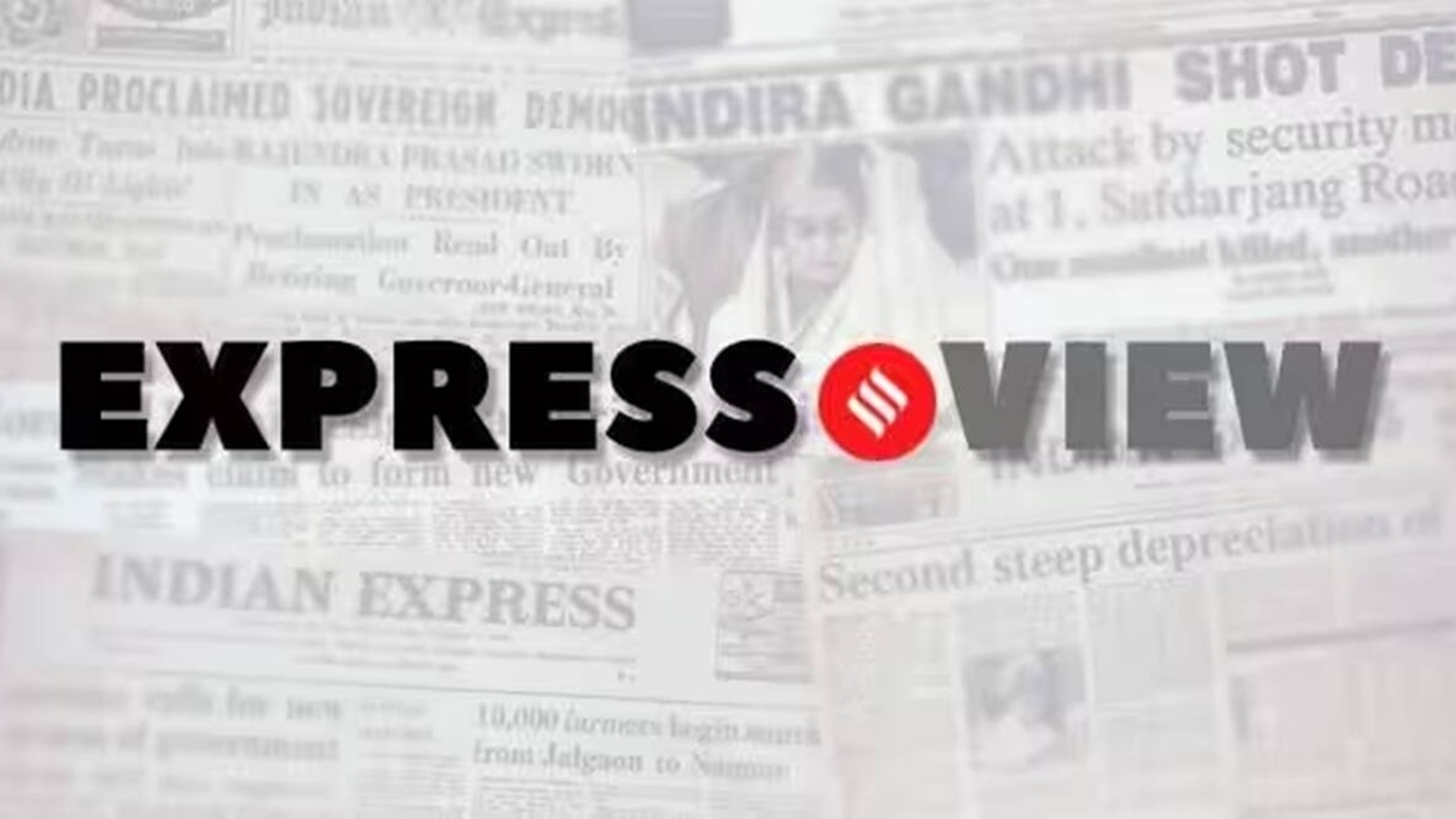
Over five years ago, the special status of Jammu and Kashmir was abrogated and the erstwhile state divided into two Union Territories. The reading down of Article 370 is now a reality, de facto and de jure, with the Supreme Court upholding the decision. The resolution by the newly-elected J&K assembly has balanced this reality with the principles and political compulsions of the ruling National Conference. The resolution “reaffirms the importance of the special status and constitutional guarantees, which safeguarded the identity, culture, and rights of the people of Jammu and Kashmir, and expresses concern over their unilateral removal.” It also calls upon the government of India “to initiate dialogue with elected representatives of the people of Jammu and Kashmir for restoration of special status, constitutional guarantees and to work out constitutional mechanisms for restoring these provisions.”
A stronger version of the resolution was earlier introduced by the PDP — the party has subsequently assented to the final document, despite its reservations. BJP MLAs have condemned the move. The state BJP, as the dominant electoral force in Jammu, represents a significant voice in the erstwhile state. The questions raised by representatives from the PDP and independents like Sheikh Khursheed (MP Engineer Rashid’s brother) too, must be heeded. Physical confrontation, such as the one between BJP MLAs and Khursheed and others, has no place in the House and diminishes the institution of the legislature. The uproar must not be allowed to divert attention from the substantive import of the resolution — dialogue and negotiation are the only way to deepen federalism and address the concerns of the erstwhile state in a democratic manner.
A major criticism of the Centre’s abrogation of Article 370 and Article 35a was the lack of consultation ahead of the move. An argument in its support was that it “unified” India by removing a state of exception in the federal framework. By invoking “dialogue” and “national unity”, and not explicitly talking about the return of the old provisions, by leaving room open for other measures, and not harking back to the past, the J&K House has signaled that it is being politically pragmatic. It can also be read as a good-faith invitation. The BJP-led government in Delhi has invested considerable political capital in the revocation of J&K’s special status. But that should not prevent it from talking to the representatives of the people in Kashmir. The first item on the agenda must be the restoration of statehood at the earliest — the conversation between Delhi and Srinagar must continue from there.


